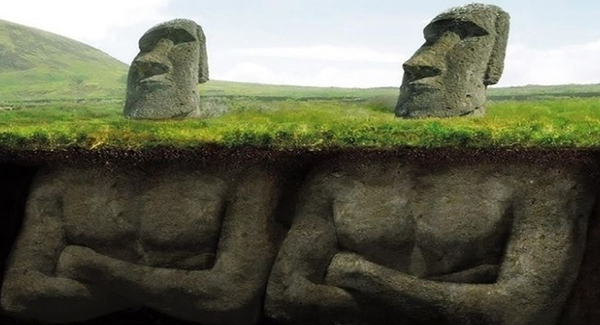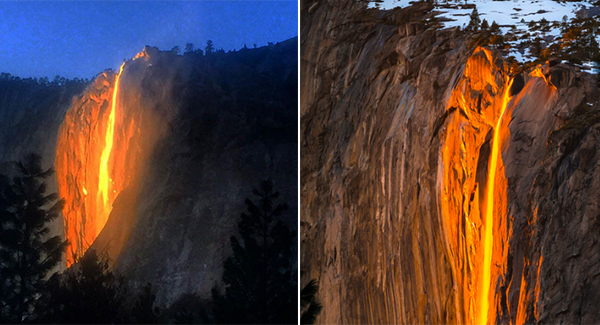The discovery of a buried treasure in a dried-up fish pond by a young boy has captured the attention of many. The story of the unexpected find is both fascinating and inspiring.

The small child found something hidden in the dirt while exploring the deserted pond. He delved farther out of curiosity and, to his astonishment, found a hidden treasure.

The treasure that he found was of exceptional quality and is believed to be worth a considerable amount of money. This discovery has the potential to change the young boy’s life forever.
The story of the young boy’s discovery serves as a reminder of the power of curiosity and exploration. It is a testament to the rewards that can be achieved through persistence and the willingness to venture into the unknown.

However, it is important to note that the act of treasure hunting can have negative impacts on archaeological sites and artifacts if not done responsibly treasure hunting and excavation must be conducted ethically and sustainably, with the appropriate policies and safeguards in place to safeguard cultural heritage and reduce environmental harm.
In conclusion, the discovery of the buried treasure in the dried-up fish pond by the young boy is a story of curiosity and exploration. It serves as a reminder of the advantages that may be attained by being persistent and prepared to take risks. To limit harm to environmental resources and cultural legacy, it’s crucial to make sure that treasure hunting and excavation are done ethically.


